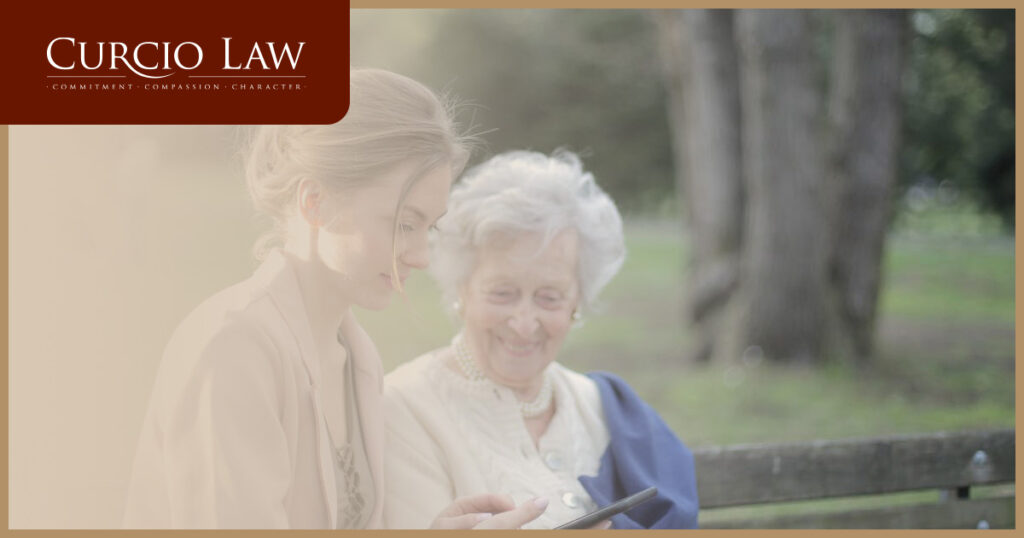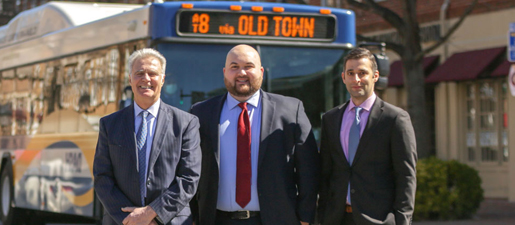
Deciding to transition a loved one into nursing home care will always be a challenging situation for a family. Many factors must be considered, starting with which nursing home would be the best fit for your family member.
According to the Virginia Health Care Association, the state has 350 long-term care facilities. Once you’ve made the transition, you should experience a sense of relief knowing that your loved one is having their medical and other needs met. Even though the staff provides support, you will remain your loved one’s primary caregiver. That means you have to be proactive about how you and your family members can help prevent nursing home abuse.
Here are some helpful tips you can put into action starting today.
Maintain a Consistent Visiting Schedule
Visiting your loved one on a consistent basis is the best way to keep up with their care. One of the things you should check in with is the choices your loved one gets to make on a regular basis. For instance, do they get to pick their bedtime? Can they pick the activities they want to participate in? Are they able to choose meal options?
Observe Staffing
Your loved one’s care will be provided by the staff at the facility. Before you make the move, you should become familiar with what a typical shift looks like in terms of the number of staff assigned to residents. When you visit, you need to note that those numbers are consistent.
Understaffing is a common reason why nursing home abuse can occur. This is such a problem that, according to a story in the Virginia Mercury, some Virginia nursing homes were limiting admissions due to a lack of staff.
In addition to the number of staff present, you also have to observe how the staff interacts with your loved one. Do they know them by name? Outside of direct contact with your loved one, are the staff members distracted looking at their cell phone? Are they washing or sanitizing their hands? You should also take note of how the staff interact with each other and the other residents. Are they responding quickly?
If you spot an issue directly related to a staff member, you want to report it to their supervisor. That report should be presented in a written email, not just a conversation.
Look for a Level of Cleanliness and Safety
You also have to observe the cleanliness and safety protocols in place. Be sure to look in your loved one’s bathroom and living space. You should also note the level of cleanliness in the hallways, common areas, and dining room.
Cleanliness is also tied to the safety of the facility. Are the floors dry and safe? Are there secure handrails in the bathroom and hallways? Does your loved one’s bed have safety rails?
Watch for Signs of Abuse and Neglect
There might be signs of abuse that are directly related to your loved one. A common condition is pressure ulcers commonly referred to as bedsores. The Mayo Clinic provides a helpful guide on how to spot these ailments. They will most likely be caused by neglect. Even residents with mobility issues should be provided support to change positions to avoid the condition.
The following are some additional signs of abuse and neglect you should watch out for:
- Broken bones and fractures
- Bruises, burns, and welts on the skin
- Cuts, lacerations, and skin tears
- Dehydration and malnutrition
- Facial and dental injuries
- Injuries from falls
- Infections
- Unexplainable sexually transmitted diseases (STDs)
- Unexplained weight loss
Join a Family Committee
After moving your loved one into the nursing home, you should find out if that facility has a family council or committee. This is a group of family members who also have loved ones in the same facility. Together, these groups collectively monitor the nursing home and work together to advocate for their loved ones.
If there is no committee, you can form one. It can be something as informal as a group chat or a regular monthly meeting to discuss any concerns or issues the members observe.
Check Your Loved One’s Finances
Not all the potential nursing home abuse is related to physical or emotional neglect. There could also be issues with finances. If your loved one still has active checking, savings, and credit card accounts, it is important that you keep monitoring them for any suspicious activity. An unscrupulous staff member could take advantage of those finances.
Take Action
If you see something in the nursing home that you feel is wrong or a sign of abuse, you should take action. There might be a reasonable explanation. It could also be a sign of an issue that requires more investigation. If you’re unsure of how to approach the situation, you can speak to an attorney at Curcio Law.
We understand the standards nursing homes must meet for their residents. We know the proper procedures for reporting abuse and how to follow through to ensure the family’s needs are met. If you suspect an incident of abuse, take action today.

